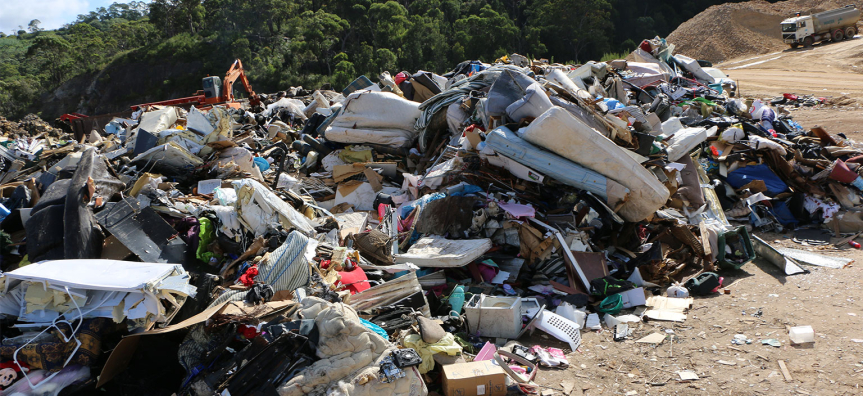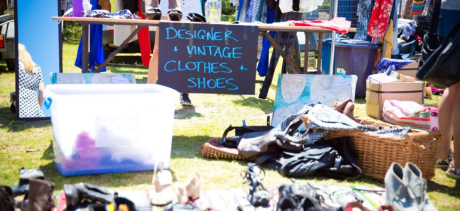
Share
Attend a workshop
Learn and find ways to reuse, repair and recycle used items.
Check out the events/workshops/videos listed below, such as composting, keeping backyard chickens or making money selling unwanted stuff at one of our second-hand markets.

